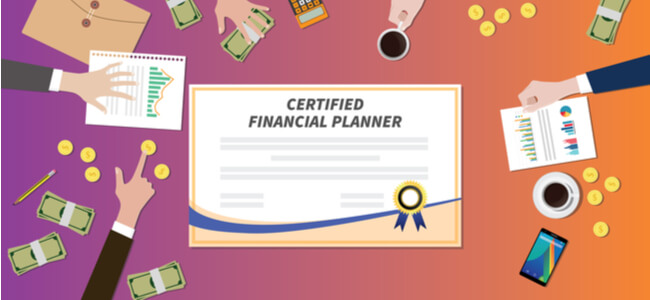What is Credit?

Credit is something that the financial world uses to allow individuals to take out loans and purchase goods, without the need for immediate payment for these services. The reason that lenders and vendors are willing to do this is that credit is based on trust.
Someone that can be relied upon to make payments within a specified time period is considered to have good credit.
There are many types of credit, each bringing extra charges that need to be paid later on.
What's credit's main advantage? It gives individuals more room to maneuver when balancing their income and their expenses. Knowing about credit is vital to good money management.
How is a credit score calculated?
Each individual has a credit score, which is the primary guide for lenders on how much they can trust someone in monetary matters. Someone that has consistently made punctual payments towards their financial obligations is likely to have a higher credit score than someone that frequently misses deadlines.
There is no emotion when it comes to credit. Independent credit bureaus assess an individual's financial history, producing a report that can be accessed by creditors. The information in this report combines to produce a credit score.
The main credit bureaus use different thresholds for their scoring system, but the general rule is that the higher the score, the better.
Experian: 0-560 = very poor, 961-999 = excellent
TransUnion: 1 = very poor, 5 = excellent
Equifax: 0-279 = very poor, 466-700 = excellent
The scores in between the lowest and highest categories therefore range from poor to good. You can check your credit information with each of these bureaus to work out where you rank.
It's useful to know what is credit information that contributes to these reports, as these are the questions that credit bureaus will consider:
- Have you borrowed money in the past?
- Do you make monthly payments in full and on time?
- Do you consistently pay off your credit card balance?
- Have you had any significant financial problems, such as bankruptcy?
Lenders often make decisions purely based on these credit reports. Someone with a high credit score is a more attractive proposition to be offered the best deals with banks and merchants.
What are the consequences of a low credit score?
Some lenders may reject someone purely based on their credit score. If lenders do accept applicants with low credit scores, they are likely to be given unfavorable rates in comparison to those with better records.
The odd late payment shouldn't be enough to ruin your credit score, particularly if you otherwise have a good financial record. However, consistently delayed payments will lower your score and therefore limit your borrowing power.
What are the main types of credit?
There are four common forms of credit. Your credit score may determine which of these types of credit you are able to access.
Service credit
Service credit is used by companies to deliver monthly services to an individual, with the assumption that these services will be paid for in due course.
Example: utilities (gas, electric) and tech providers (internet, cellphone) use service credit as the basis for their contracts.
Installment credit
Installment credit allows you to take out loans with the understanding that you will repay all money borrowed, plus interest and charges, in equal payments over a specified period of time.
Example: a mortgage is paid in installments, with a higher credit score useful in helping you access the best installment loans.
Charge cards
Charge cards give you a maximum borrowing limit and expect you to pay off the entirety of your outstanding balance each month.
Example: retailers may use charge cards like in-house credit cards, although balances aren't carried over each month.
When can a good credit score make a difference?
What is credit’s importance? If you know that you will need to borrow money in order to make a significant purchase, then it is useful to build your credit. Knowing what is considered good credit is important, as a high credit score gives you more flexibility when organizing your finances.
Your credit history can affect all of these situations:
- taking out a loan, whether to help with immediate cash flow or to fund the acquisition of significant items (new vehicles, engagement rings, Christmas gifts)
- taking out a credit card, which can make it easier to finance everything from the weekly shop to special one-off purchases
- getting the best deals on loans or credit cards - someone with a lower credit rating will probably only have access to lower borrowing limits and less attractive interest rates
- securing permanent and temporary accommodation - landlords may check the credit score of potential tenants, while a more creditworthy person may be able to earn a better deal on their mortgage
- avoiding security deposits from utility companies and phone providers, as companies may waive the deposit if a person has an impressive credit history
Good credit also provides something invaluable: the peace of mind that comes from knowing lenders and landlords will have no reason to reject your applications.



